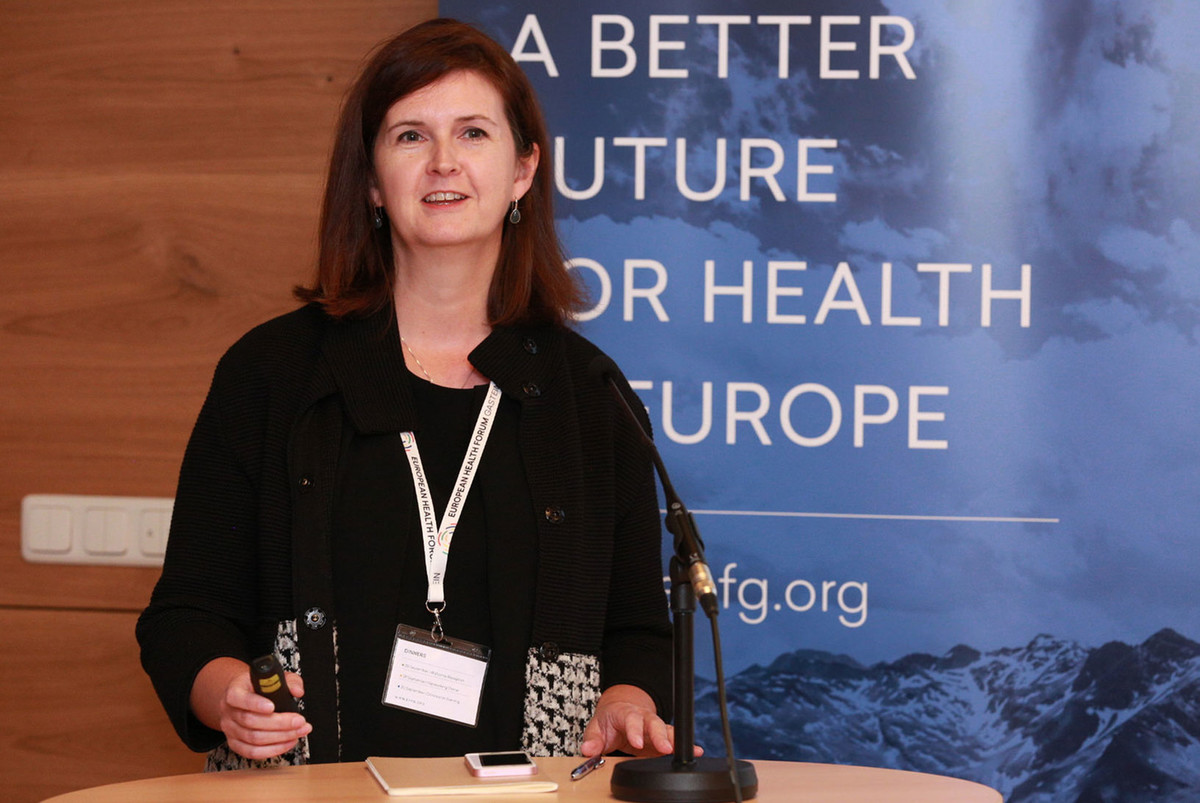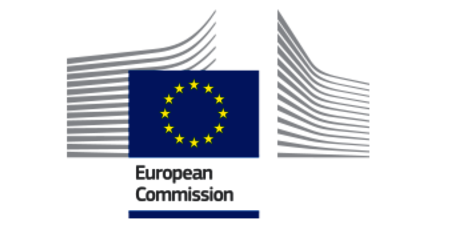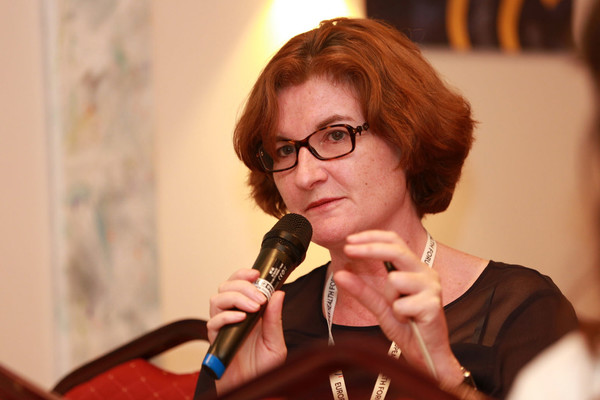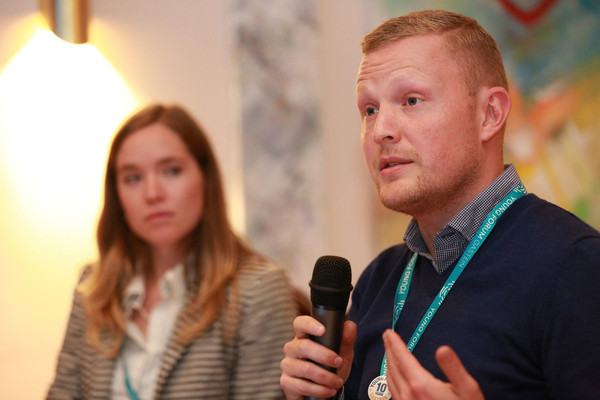F9 FORUM
Reality meets Reality
Thursday, 29.09.2016 | 17:00 - 19:30 | Room
Organised by DG Communications Networks, Content and Technology (DG CONNECT), European Commission

Healthcare providers and professionals, citizens and policy-makers recognise the need for change in healthcare systems. Some of these changes are related to digitisation, which is slowly but consistently becoming part of everyday practice. These new tools and services have created a need for harmonised approaches, coordinated actions and in-depth attention to specific aspects such as interoperability, data protection and data management. This forum will bring together the needs, solutions and possibilities to address these needs.
The current changes in health and care systems include an increase of citizens' role in managing their health; with digitisation of health records and prescriptions, implementation of new procedures such as telemedicine/mobile health, and innovation by breaking silos between different health and care service providers and creating novel ecosystems.
This forum will present documents that are prepared to effectively address issues occurred while implementing digital health and will highlight new issues that have emerged since the adoption of the eHealth Action Plan 2012–2020 in December 2012.
Part 1 | Code of Conduct on data privacy of mHealth apps – presentation of the document and discussion
As revealed by the European Commission's 2014 mHealth Green Paper consultation, people often do not trust mHealth apps because of privacy concerns. Respondents to the mentioned consultation considered that having users' consent as well as strong privacy and security tools in place is a crucial issue in relation to mobile health apps. Therefore, the European Commission encouraged setting up a code of conduct on mobile health apps, covering privacy principles, in order to increase trust. Work on the Code of Conduct started in April of 2015, when a drafting team of industry members was set up with the objective of developing the text of the code. The Code provides practical guidance for app developers on data protection principles that need to be taken into account in the development of mHealth apps. App developers respecting the rules of this code will be able to sign it and their apps will be included in a publicly available register. The Code has been drafted with the vision to ensure it to be easily understandable also for those who may not have access to legal expertise. The core of the Code of Conduct consists of practical guidelines for app developers. Once applied in practice, this Code will provide a competitive advantage for those who are signatory to it and help to promote trust among users of mHealth apps.
Speakers
Alexander Whalen, Manager of the Digital Economy Policy Group, Digitaleurope
Hans Graux, Founding Partner, time.lex
Part 2 | Guidelines on reliability and validity of mHealth apps' data – presentation of the document and discussion
In February 2016 the European Commission set up a working group to develop guidelines for assessing data validity and reliability of mHealth apps. The guidelines are expected to be drafted by the end of 2016. The first draft was presented and discussed at an open stakeholder meeting on 4 May 2016. The second draft was made public at the end of May for open consultation with stakeholders. The working group has started working on the next iteration of the draft which is expected by mid-October and will be followed by another round of comments. The discussions have been focussing on the main target groups, purpose and scope of the guidelines, and on the assessment domains. Feedback from the first round of consultations revealed that further work is needed, in particular on clarifying the scope and purpose of the guidelines, to define the areas where the guidelines can add most value, taking into account the existing legislative framework as well as other related initiatives, for example in the field of standardisation. On the methodological approach the need for a risk categorisation of health apps still needs in depth discussions, as well as the recommended methodologies and tools for assessing validity and reliability of health apps and extending the scope to other aspects such as usability, functionality, efficacy etc. For the next iteration, the working group will also have a close look at the targeting of the guidelines - how to make these useful and usable for different target groups and what the needs of different groups are.
Speakers
Julie Bretland - Director/Founder, Our Mobile Health Ltd., UK
Pierre Trudelle, Project Manager, Department of Care Coordination, Appropriatness and Quality of Care, National Authority for Health (HAS), France
Moderation
Terje Peetso, Policy Officer, DG CONNECT, European Commission



